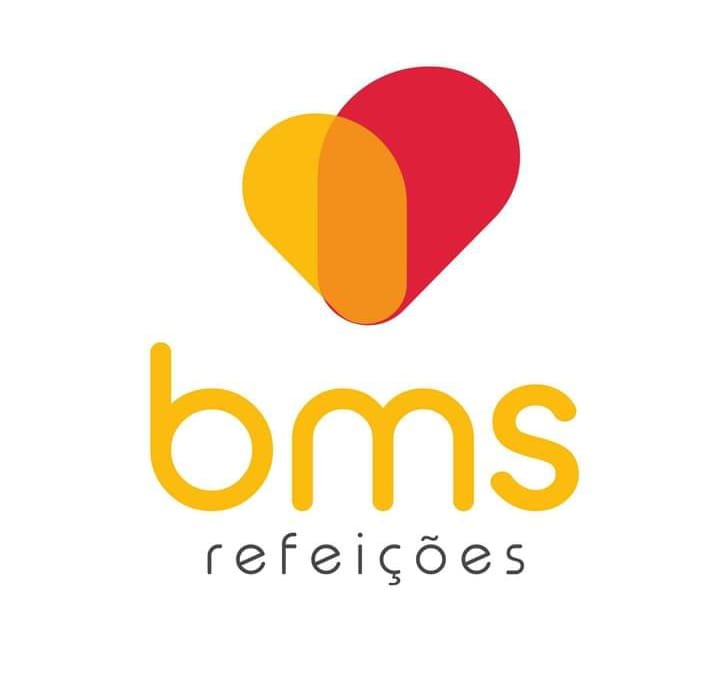Content
- Activities for the Different Stages of Group Development
- Tuckman’s stages of group development
- Applying Tuckerman’s Stages of Development to Project Management and HRM
- From forming to performing: leading through the 4 stages of team development
- How to help your team advance in their development
- Strengths of the 5 Stages of Development
During this phase of team building, responsibilities are clearly defined and the team begins to map out a plan to achieve its goals. The team’s leader is more engaged in team building at this stage to make sure everyone understands the plan. If the team’s objectives are not aligned, there can be mistakes and missed opportunities. Participating in the stages of team growth is vital in helping team members to learn about their roles and responsibilities. Group development also provides the team with a chance to learn about the rest of the team’s talents which contributes to the team dynamics.
The Creating stages of Drexler A and Sibbet E correspond to Forming, Storming and Norming stages of Tuckman B Model and Sustaining stage corresponds to Performing and Adjourning stages. The proper transition through creating stages is important and has strong implications for team performance. The teams do not necessarily pass through the above mentioned stages and stay in the stage reached but keep moving back and forth. The various factors, such as, new member join and current members leave, new tasks are assigned, the leadership changes etc keep the teams moving back and forth among various stages. Teammates move beyond the introductory forming stage and start putting plans into action.
Activities for the Different Stages of Group Development
Some entrepreneur teams bypass the storming stage entirely or look to avert conflicts at all costs. Remember that avoiding conflicts tends to cause the problem to worsen. So, it is important to recognize conflicts and work together to find common ground and move forward as a team.
Swarming is a sometime behavior, in contrast to mob programming, which can be thought of as swarming all the time. A good way to get any project started is with a kick off meeting. This gives everyone a chance to introduce themselves and establish roles and responsibilities that will help move the project along with ease. Every team should have a facilitator─a person who leads and guides meetings and discussions. Business owners, managers, and entrepreneurs are often viewed as team leaders. In the performing stage, members are confident, motivated and familiar enough with the project and their team that they can operate without supervision.
Tuckman’s stages of group development
Instead of micromanaging them, trust them to get the job done. This may mean providing guidance on decision-making or setting clear deadlines and expectations. The team is uncertain about their role in the team and what is expected of them. The major drawback of the norming stage is that members may begin to fear the inevitable future breakup of the team; they may resist change of any sort. To advance from this stage to the next stage, each member must relinquish the comfort zone of non-threatening topics and risk the possibility of conflict.
- If these changes – and their resulting behaviors – are recognized and addressed directly, teams may successfully remain in the Performing stage indefinitely.
- It’s up to managers to provide this space and hear each team member out, whether in person or virtually.
- Teams may begin to develop their own language or inside jokes.
- The team can be considered “senior” at the performing stage.
- Cross-Functional MeetingsStay aligned on projects, drive progress and accountability, and improve collaboration.
Ideally, your team is made up of reliable people that know and fulfill their responsibilities. With Toggl Track, team members can track the work that they do. This is especially useful if you have some people that are working remotely. End each meeting with insightful https://globalcloudteam.com/ and constructive feedback that improves the group process. High-functioning teams work so well together that facilitator roles can rotate without impacting their performance. Throwing a group of talented people together doesn’t mean that they will form a great team.
Applying Tuckerman’s Stages of Development to Project Management and HRM
This is the stage where egos may start to show themselves and tempers may flare. The team may disagree on how to complete a particular task or voice any concerns. The storming stage is when the initial excitement and good grace has run out.
As you do this, you recognize clear and consistent points with each team member and the benefits of hosting a team retrospective. Understand your people’s needs and make team management your greatest strength. Remote teams A simple platform that tells you how remote teams really feel, and fosters action-oriented 1-on-1 conversations.
From forming to performing: leading through the 4 stages of team development
At this point, explain how each team member is expected to help. For example, let the designers know that the user interface will be reviewed to see whether there’s an opportunity to make improvements. One task we often help clients with is exploring the feasibility of developing an idea… Services Services Leverage services that provide quick innovation with designs that work the first time—and stay reliable for years. These items are used to deliver advertising that is more relevant to you and your interests.

Also, keep an eye out for subgroups or cliques that can begin to form during this stage. The norming stage of team development is like a months-old couple that accepts each other’s quirks and flaws. Team life cycle of a team members adjust to teammate behaviors and devise strategies to overcome differences. Moving beyond initial hurdles, teammates acknowledge the common goal and focus on making significant progress.
How to help your team advance in their development
As new tasks emerge, the team may start having conflicts or disagreements again. But because the team has experience dealing with conflicts before, all of you will be better at managing them this time. Members with a dominant personality may even challenge the project leader’s authority or leadership. It is crucial to note, however, that most teams will encounter conflicts or disagreements.






